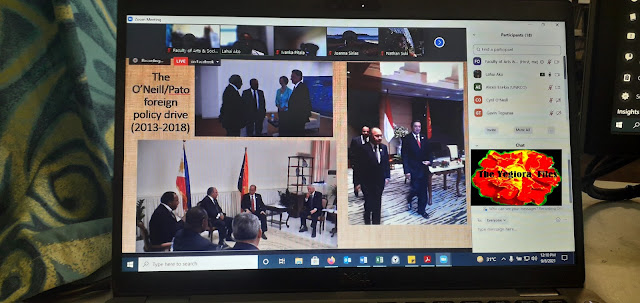Decoding Foreign Policy Analysis: Unveiling the Secrets of Decision-Making in International Relations
Foreign policy analysis is the study of how decisions are made in the realm of foreign policy. It involves examining the process by which a state formulates its foreign policy and the factors that influence decision-making. At the core of foreign policy analysis are human beings, who play a crucial role in shaping and implementing foreign policy.
Throughout history, individuals have demonstrated their capacity to influence the trajectory of societies. Heroes and heroines, all of whom were human, have been instrumental in altering the course of civilizations. Human beings can be likened to the fuel that propels a car or the flour that provides structure to a cake. In the context of foreign policy analysis, human decision-makers are the driving force behind policy choices.
Foreign policy analysis explores decision-making at both the individual and collective levels. When individuals hold positions of authority and power, such as the President of the United States, their decisions can have profound global ramifications. Understanding the factors that shape decision-making requires considering two approaches: the rational approach and the cognitive psychology approach.
The rational approach involves assessing costs and benefits, employing logical reasoning, and conducting a cost-benefit analysis. On the other hand, the cognitive psychology approach takes into account the cognitive, emotional, psychological, and even biological factors that influence decision-making, including perceptions. In practice, decision-makers often combine elements of both approaches, known as the poliheuristic approach.
Despite aspirations for rationality, human decisions are often influenced by emotions, gender, and personal perceptions. The cognitive psychology approach acknowledges these human elements in decision-making processes.
Foreign policy analysis, as a sub-field of international relations, focuses on studying the formulation and implementation of foreign policy. It seeks to understand the intricate processes behind decision-making and how they shape international politics. By examining specific actors and analyzing the effects, causes, and outcomes of foreign policy decisions, foreign policy analysts recognize the transformative power that individual and collective human actions have in the realm of international relations.
Through comparing different definitions of foreign policy analysis, it becomes evident that human beings and decision-making are fundamental elements. Foreign policy decisions are driven by the interests of individuals and nations alike.
It is important for each individual to develop their own understanding and definition of foreign policy analysis based on the various perspectives presented. Sharing personal definitions and engaging in discussions fosters a collaborative environment where knowledge is not confined to a single source.
One definition that captures the essence of foreign policy analysis views it as "a line of argument rationalizing the course of action a government takes when interacting with other states and non-state actors in the international system." This definition underscores the role of decision-making by governments and emphasizes that human beings are the primary architects of foreign policy.
In summary, foreign policy analysis provides a lens through which we can gain a deeper understanding of foreign policy. It reveals the intricacies of decision-making processes, explores the influence of human actors, and elucidates the how, why, and by whom specific courses of action are undertaken in international relations. Human decision-makers and their choices lie at the heart of foreign policy analysis, shaping the landscape of global affairs.
Analyzing the foreign policy process in a specific context, such as PNG, presents unique challenges. Investigating the influence of culture and other distinct factors on decision-makers is essential. Such exploration contributes to the validation or reassessment of existing theories in international relations and foreign policy analysis, fostering a deeper comprehension of the dynamics at play.

Comments
Post a Comment